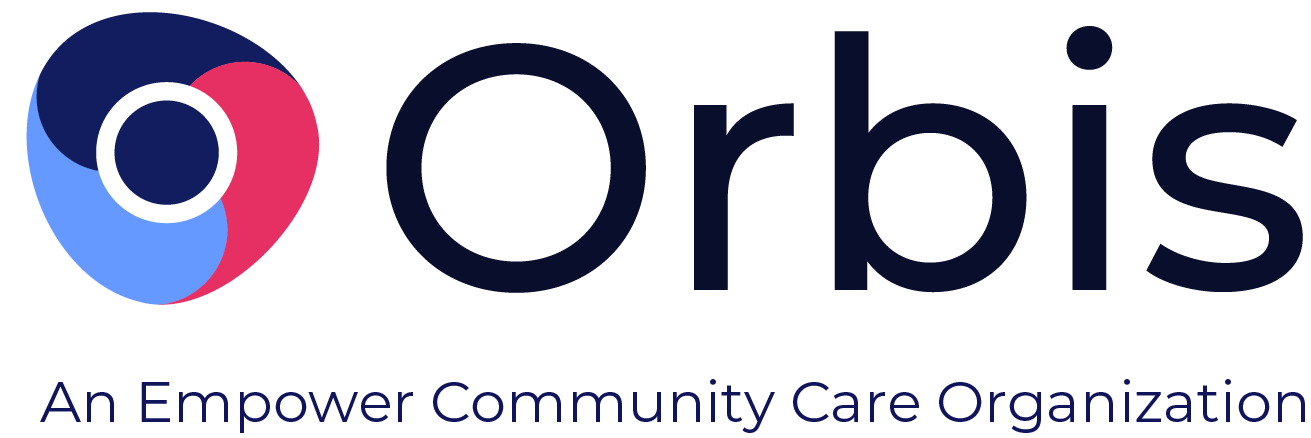Utilizing youth mental health assessments and strengths-based juvenile case planning tools can help create tailored interventions that address the unique challenges and contexts these young individuals face.
The Importance of Youth Mental Health Assessments
Recently, legislative changes have opened up new opportunities for supporting youth transitioning from incarceration. Expanding Medicaid coverage for this population represents a significant step forward in ensuring continuity of care, particularly for mental health services.
Through this legislation, many states now provide Medicaid coverage for eligible individuals up to 30 days before their release from incarceration. This positive change improves transition planning and ensures youth have immediate access to necessary mental health services and medications upon release.
Creating pathways for a smoother transition to community life is critically important because youth involved in the juvenile justice system are disproportionately affected by trauma, depression, anxiety, or other mental health challenges while lacking the tools they need to heal and thrive.
Early, pre-release identification of mental health needs allows for timely intervention and reduces the risk of recidivism by addressing underlying issues that may contribute to criminal behavior. Comprehensive youth mental health assessments make this identification possible and facilitate more effective reentry plans.
The Role of Strength-Based Juvenile Case Planning
Effective juvenile case planning is crucial for helping youth transition back into the community after incarceration, just like youth mental health assessments are.
Rather than focusing solely on risks, strength-based case planning takes a more holistic approach. It addresses challenges identified in initial youth mental health assessments and builds on each person's unique strengths and assets.
Strength-based juvenile case planning tools play a pivotal role in supporting a young person's successful transition to community life by:
- Identifying and strengthening support systems within a young person's family and community to ensure a solid foundation upon reentry.
- Highlighting educational or vocational interests and aptitudes, providing the youth opportunities for personal growth and career development.
- Recognizing personal qualities and strengths that can contribute to resilience and long-term success.
Strength-based case planning sets the stage for positive outcomes and long-term well-being by focusing on the whole person rather than just their challenges.
Orbis Partners' Web-MAYSI and YASI for Transition Planning
Web-MAYSI: Youth Mental Health Assessment Online
The Massachusetts Youth Screening Instrument - Web Version 2 (Web-MAYSI) is ayouth mental health assessment online tool that provides a quick and reliable screening process to help practitioners understand the immediate mental health needs of young people during the transition out of incarceration.
This assessment tool allows for early identification of issues such as depression, anxiety, and trauma, enabling timely interventions that can significantly impact the reentry experience. The data gathered from Web-MAYSI creates a foundation for developing tailored juvenile case plans that address specific needs.
- Immediate Intervention: Quickly identifying acute mental health concerns allows immediate intervention when necessary.
- Informing Treatment Plans: The results can guide the development of mental health treatment plans as part of the overall transition strategy.
- Resource Allocation: It helps professionals allocate resources more effectively by identifying which youth may need more intensive mental health support during their transition.
YASI's Role in Comprehensive Juvenile Case Planning
Unlike traditional assessments focusing on deficits, the Youth Assessment and Screening Instrument (YASI) delivers a more comprehensive view of a young person's overall situation. It helps identify areas where a young person excels, enabling identified strengths to be integrated into their reentry plan.
For example, if a young person shows a strong interest or aptitude in a particular vocational skill, that can be highlighted and encouraged within their plan. This approach shifts the focus from merely correcting deficiencies to empowering the youth to leverage their positive attributes for a successful future.
YASI's holistic approach provides a more nuanced approach to juvenile case planning by allowing practitioners to identify and build on a young person's strengths alongside any risks.
Professionals can develop more personalized transition plans by integrating YASI into the juvenile case planning process.
- Tailored Interventions: By identifying specific risk and need factors, YASI helps professionals develop targeted interventions to address potential obstacles to successful reentry.
- Strength-Based Goals: The focus on strengths allows for creating positive, achievable goals that can boost the youth's confidence and motivation.
- Long-Term Planning: YASI's comprehensive nature supports the development of long-term plans that extend beyond the immediate transition period, promoting sustained success.
The Broader Impact of Effective Youth Mental Health Assessments and Case Planning
Successful reentry is not solely the responsibility of the youth or the justice system. It requires a supportive ecosystem. Community support, including mental health services, educational programs, and family involvement, play a crucial role in reentry. Effective juvenile case planning involves connecting youth with these resources, ensuring they can access the support they deserve.
The new Medicaid legislation, which offers opportunities to support youth transitioning from incarceration, is a key component in creating this supportive ecosystem. By plugging into Medicaid-funded services, professionals can ensure that youth receive continuous care as they reintegrate into the community.
By addressing a young person's underlying mental health issues, leveraging their strengths, and building an ecosystem of support, professionals involved in juvenile case planning can create interventions that promote positive development and reduce the likelihood of reoffending.
Enhance Successful Reentry with Strengths-Based Youth Mental Health Assessments Today
Orbis Partners is committed to providing youth mental health assessment online tools like Web-MAYSI and YASI, which are crucial for creating comprehensive, strength-based case plans that support youth transitioning out of incarceration. Orbis recently introduced a new version of YASI with additional measures that help profile the needs and strengths of youth who are transitioning back into the community. By identifying mental health needs early and leveraging individual strengths, Orbis helps to ensure a smoother reintegration process, reducing the risk of recidivism and promoting long-term success.
As we rethink juvenile justice in our country, focusing on mental health and individualized, strength-based planning will undoubtedly play a crucial role in transforming young lives and building stronger, safer communities.
Orbis Partners provides solutions for criminal justice and human services systems, specializing in designing and implementing services for at-risk client groups. Orbis' risk, needs, and strengths assessment tools are designed to guide the casework process by incorporating an individual's unique set of needs. For more information about our assessments, visit our Assessments page.



